Continuing the 10th Session of the 15th National Assembly, the National Assembly discussed in Groups: the draft Law on Construction (amended); the draft Law on amending and supplementing a number of articles of the Law on Geology and Minerals and the draft Law on amending and supplementing a number of articles of laws in the fields of agriculture and environment.
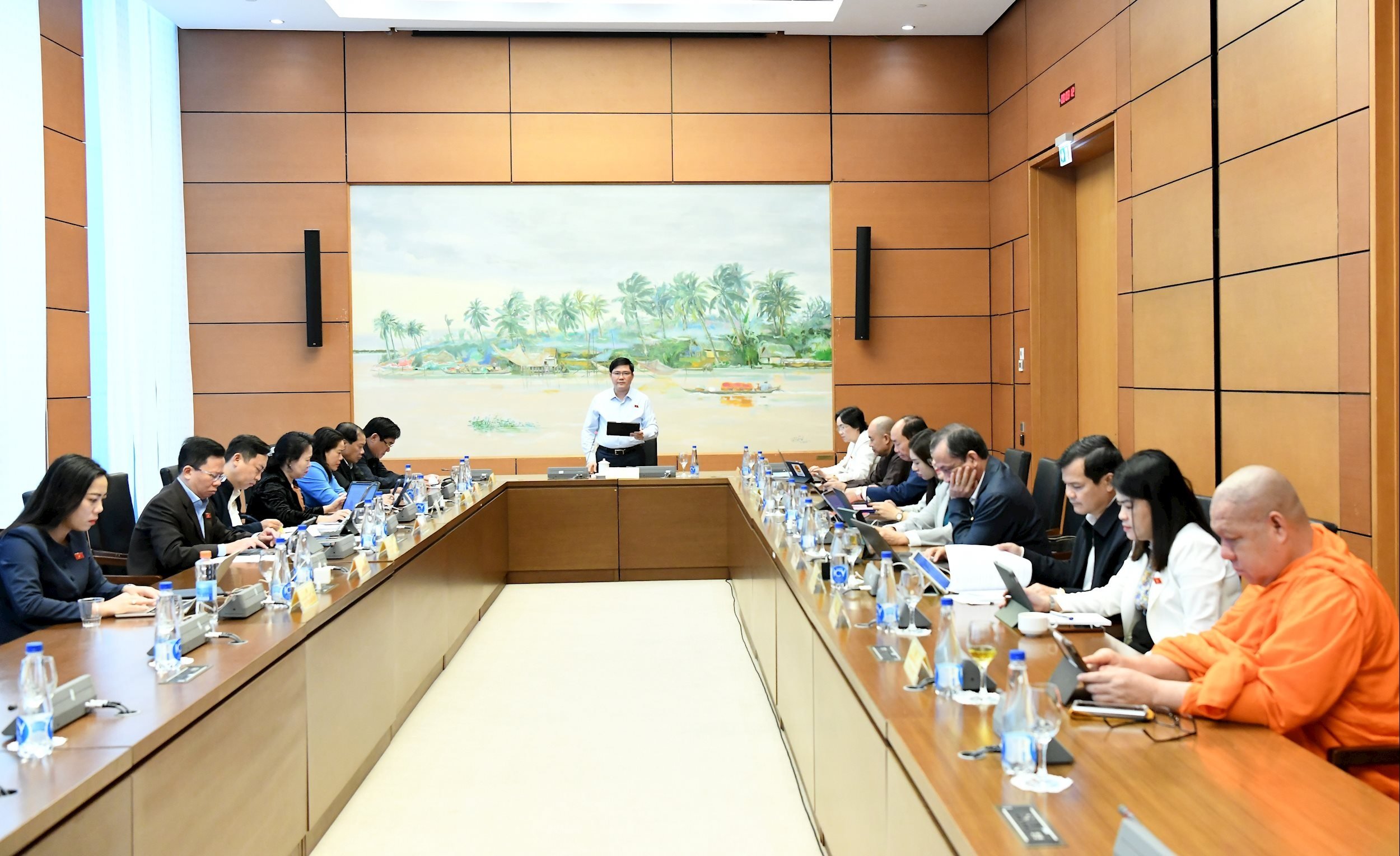
Tight control of strategic minerals
At Group 11, including the National Assembly Delegation of Can Tho city and Dien Bien province, delegates assessed that the Law on Geology and Minerals, effective from July 1, 2025, has amended and supplemented many inappropriate contents of the 2010 Mineral Law to suit reality and mineral management requirements.
Delegates agreed to continue amending and supplementing a number of articles of the Law to strengthen strict control of strategic minerals (rare earth); facilitate mineral exploitation to serve key national projects and works; increase flexibility in extending and adjusting licenses and reducing administrative procedures in exploiting minerals of groups III and IV; and at the same time remove administrative barriers related to socio -economic development projects related to mineral geological activities.
National Assembly Delegate Lo Thi Luyen (Dien Bien) said that the revised contents are consistent with the operation, functions, tasks and authority of the two-level local government. Among them, there are many more flexible regulations such as:
Stipulate more and clearer decentralization of authority to the Chairman of the Provincial People's Committee (Clause 4, Article 26 "The Chairman of the Provincial People's Committee organizes the demarcation, approval, and adjustment of areas prohibited from mineral activities and areas temporarily prohibited from mineral activities").

The Prime Minister's authority is delegated to the Minister of Agriculture and Environment (Clause 2, Article 31; Point b, Clause 1, Article 33; Clause 1, Article 34; Point d, Clause 1, Article 41;....);
Decentralization of authority of the Minister to the Chairman of the Provincial People's Committee. Specifically, the current Law stipulates in Article 55 (The Minister grants mineral exploitation licenses in areas in accordance with the mineral planning of Group I and Group II; the Provincial People's Committee grants licenses in areas in accordance with the provincial planning). The draft amendments and supplements are submitted to the Minister for granting Group I; decentralization of Group II to the Chairman of the Provincial People's Committee.
Regarding transitional provisions, Clause 1, Article 111 provides:
“1. Organizations and individuals whose dossiers have been received by competent state agencies for settlement according to administrative procedures on geology and minerals before the effective date of this law but have not yet had results in settling their dossiers, organizations and individuals may choose to implement the order, procedures and authority according to the provisions of law at the time of receiving the dossiers or according to the provisions of this law.”
Delegate Lo Thi Luyen suggested that it is not advisable to regulate the double- choice handling as stipulated in Clause 1, which will be difficult for both the person with the authority to handle and the interests of the organization or individual submitting the procedure because the draft Law on amendments and supplements has some contents with different authority levels than the current law, for example, the authority of the Ministry is delegated to the Chairman of the People's Committee, the authority of the Prime Minister is delegated to the Minister of Agriculture and Environment.
"So when the amended and supplemented Law came into effect, these authorities were decentralized and clearly defined who had the authority to sign. Therefore, it is necessary to review and consider the content of this regulation. It must be clearly and specifically regulated in the direction: the agency receiving the dossier, if it finds that by the time this law comes into effect but has not yet completed the settlement and is not within the authority prescribed by this law, is responsible for handing over the dossier being received to the competent state agency prescribed by this law for settlement," the delegate suggested.
Many very progressive regulations remove procedural obstacles.
National Assembly Deputy Dao Chi Nghia (Can Tho) noted that the addition of Chapter 7A from Article 85a to Article 85d regulating the management of rare earth as a special strategic resource, prioritizing deep processing and strictly controlling exploration, exploitation, processing and use activities is very necessary and consistent with the Party's current policy.
According to delegate Dao Chi Nghia, transferring the licensing authority for group II minerals to localities and the approval authority for national mineral reserve areas to the Ministry of Agriculture and Environment is "very reasonable and clearly demonstrates the very specific decentralization of both central and local ministries and branches".

The delegate also said that "shortening the priority time for submitting dossiers for exploiting Group III minerals from 36 months to 18 months and amending Clause 1, Article 48 is a very positive solution. This will prevent speculation and promote the supply of raw materials to the market".
In addition, regarding the division of responsibilities in planning, the draft Law has added point h, clause 2, Article 4, which stipulates the time limit for extension, re-issuance, and adjustment of licenses regardless of the period of mineral planning. Delegate Dao Chi Nghia said that this is also a very progressive regulation to remove procedural difficulties.
However, through the study of point h, clause 2, Article 4, delegate Dao Chi Nghia found that if the license is re-issued without a specific time limit, it will lead to the inability to determine the final extension period. Therefore, the delegate proposed to adjust this regulation to control the extension period, specifically not exceeding 15 years and must be considered and approved by the Chairman of the Provincial People's Committee on land use and environmental protection factors when continuing to exploit.
"Such regulations will be stricter. We will have a certain time limit related to specific cases of extension, re-issuance and adjustment of exploration licenses," the delegate emphasized.
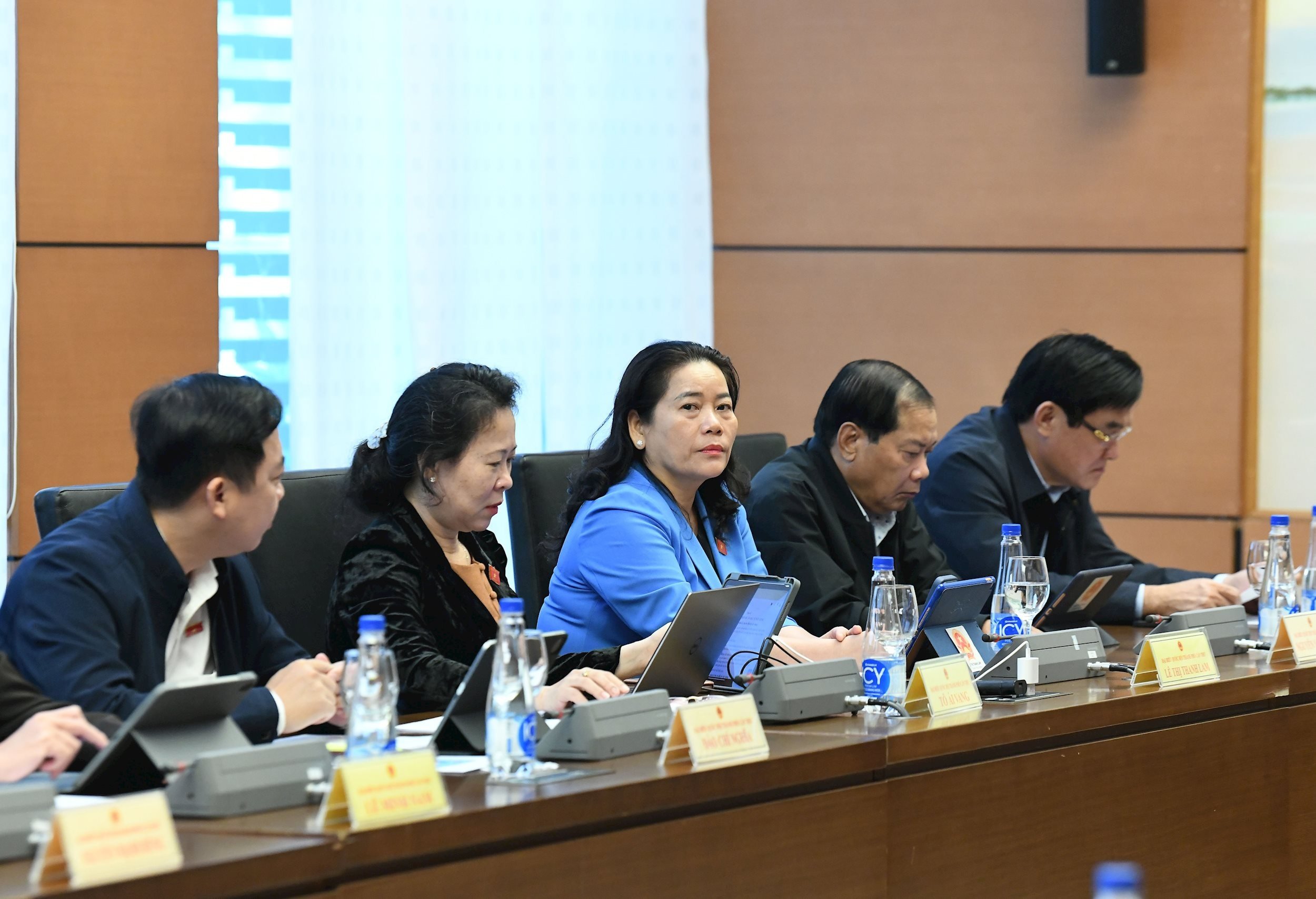
Regarding mineral classification, the draft Law has amended Point a and Point b, Clause 1, Article 6, especially the distinction between industrial minerals in Group I and Group II. Delegate Dao Chi Nghia said that the distinction is necessary and in accordance with the regulations on decentralization.
"However, without detailed instructions immediately, it will easily cause difficulties for localities in the licensing process." Therefore, delegates proposed adding to Clause 2, Article 6, detailed regulations on the list of minerals by group, the classification of minerals with multiple uses, and this must be issued by the Government before the law takes effect to ensure consistency.
Regarding the authority over Group II minerals in Article 108, the draft Law has transferred the authority to grant licenses for Group II minerals to the Chairman of the Provincial People's Committee. Delegate Dao Chi Nghia noted that currently, Group II minerals are still a valuable group of minerals and the exploration and exploitation process is also very complicated.
Therefore, thorough decentralization can easily lead to risks in the local management process. Delegates suggested that this regulation should be adjusted in the direction of supervision by the Ministry of Agriculture and Environment in technical quality control. The issuance of a license for exploration and exploitation of Group II minerals must be approved in writing by the Ministry of Agriculture and Environment for the exploration project, reserve report, and mine facility design, unless otherwise provided by the Government.
Source: https://daibieunhandan.vn/du-an-luat-sua-doi-bo-sung-mot-so-dieu-cua-luat-dia-chat-va-khoang-san-nhieu-quy-dinh-tien-bo-phan-cap-rat-cu-the-thao-go-vuong-mac-ve-thu-tuc-10394606.html


![[Photo] Closing of the 14th Conference of the 13th Party Central Committee](https://vphoto.vietnam.vn/thumb/1200x675/vietnam/resource/IMAGE/2025/11/06/1762404919012_a1-bnd-5975-5183-jpg.webp)




![[Photo] Prime Minister Pham Minh Chinh receives the delegation of the Semiconductor Manufacturing International (SEMI)](https://vphoto.vietnam.vn/thumb/1200x675/vietnam/resource/IMAGE/2025/11/06/1762434628831_dsc-0219-jpg.webp)
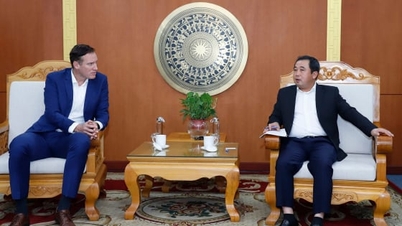

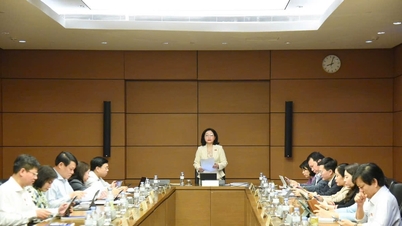
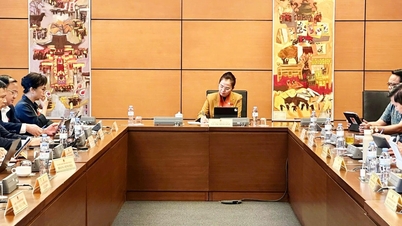
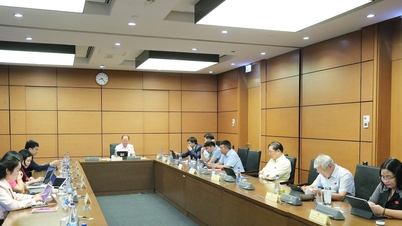


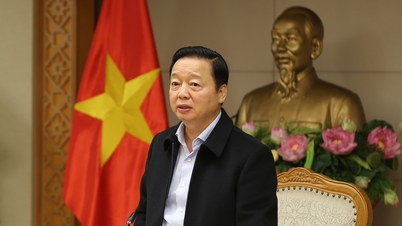

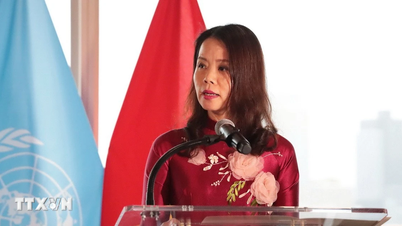

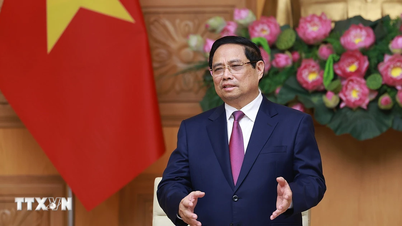

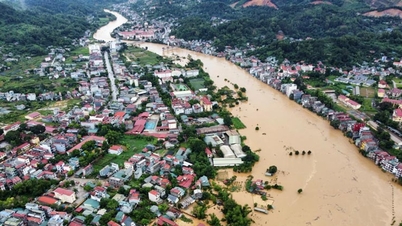
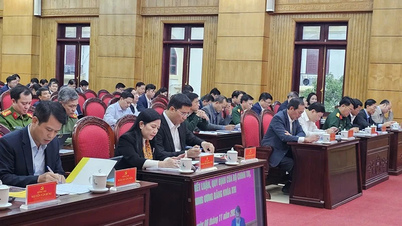

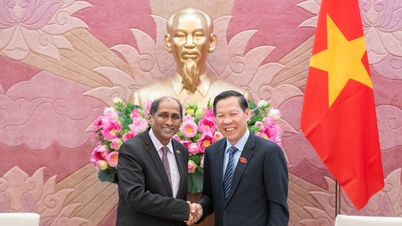




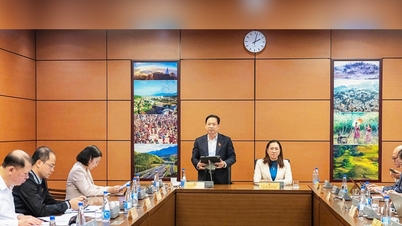
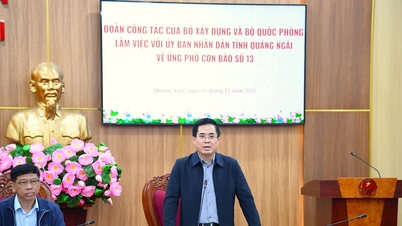
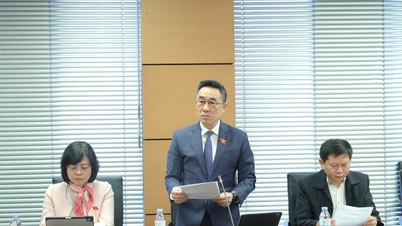
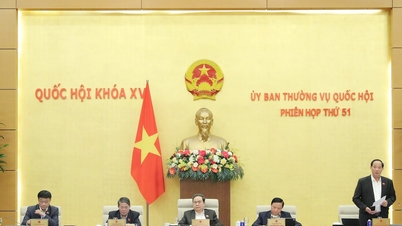
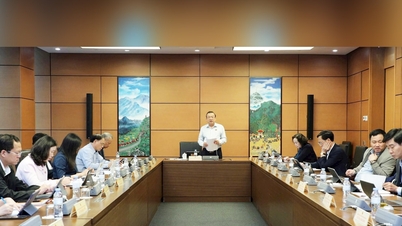
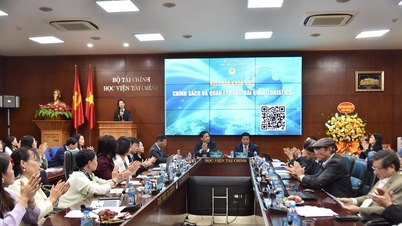


































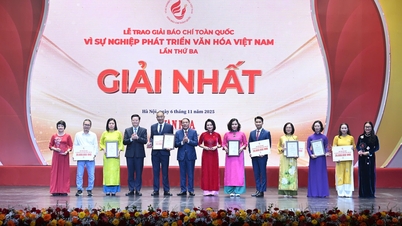


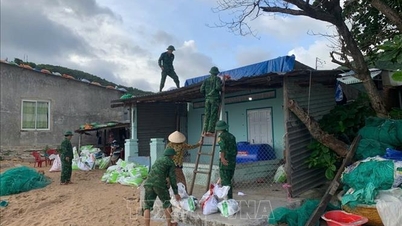











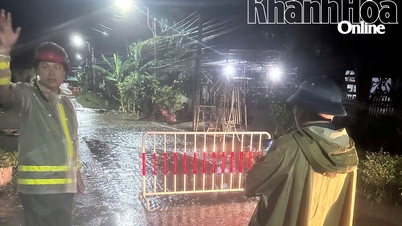



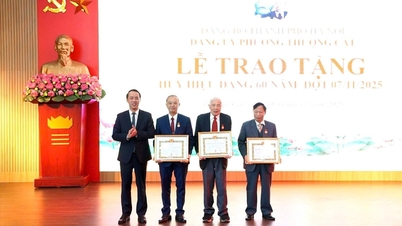
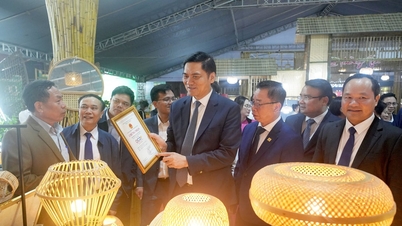

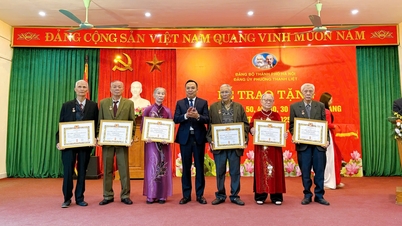














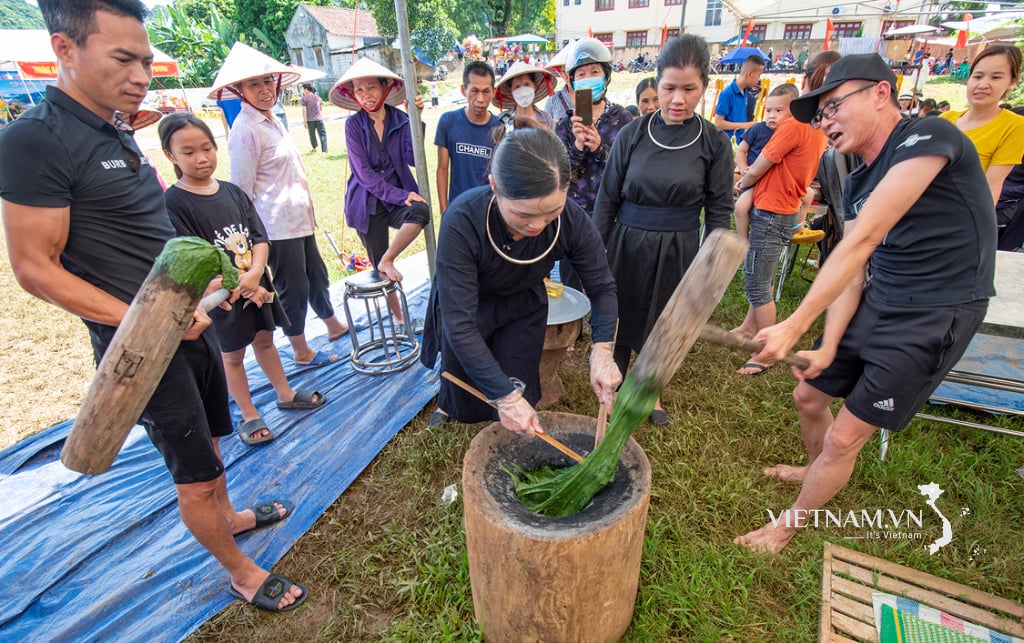
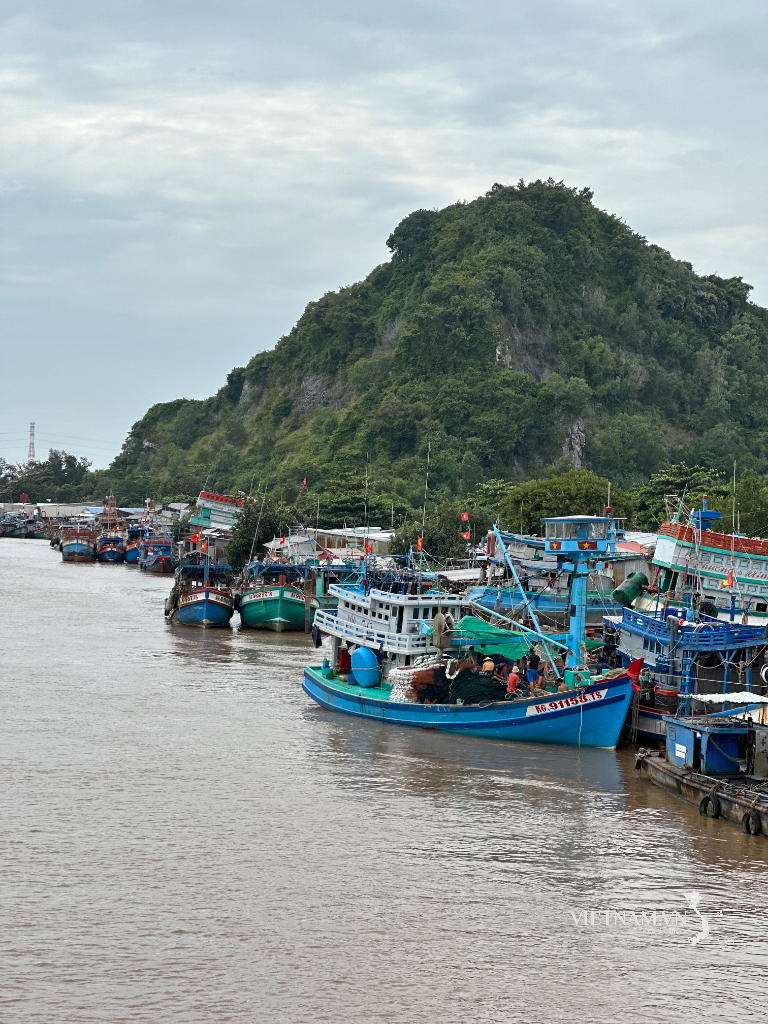
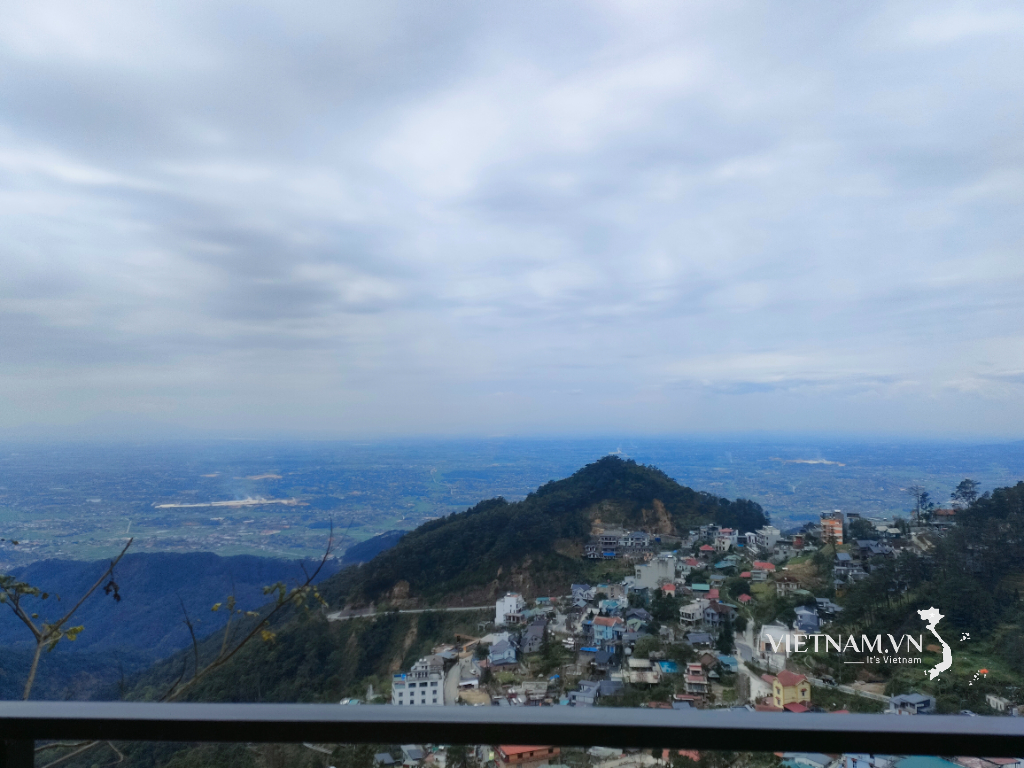
Comment (0)